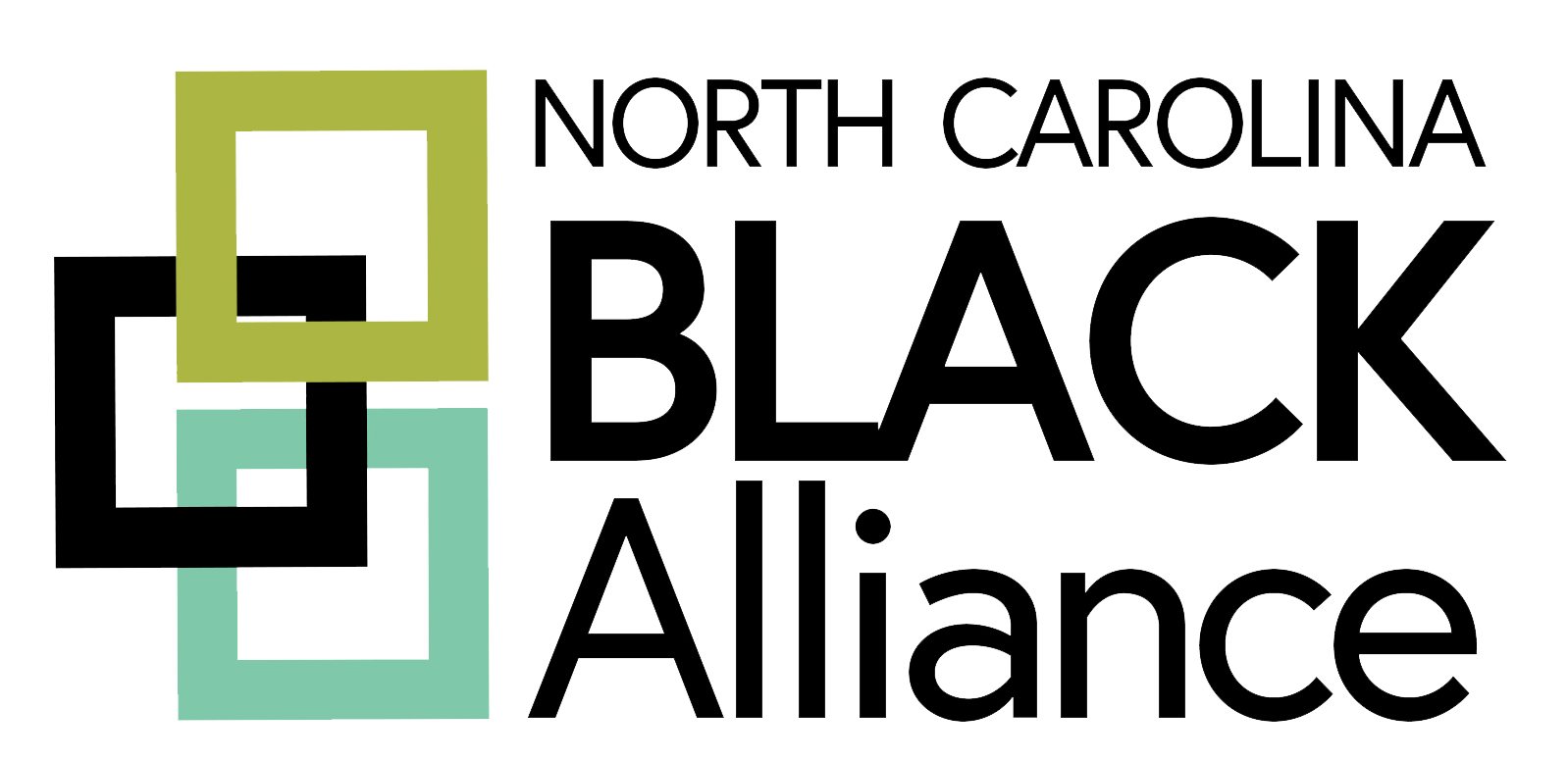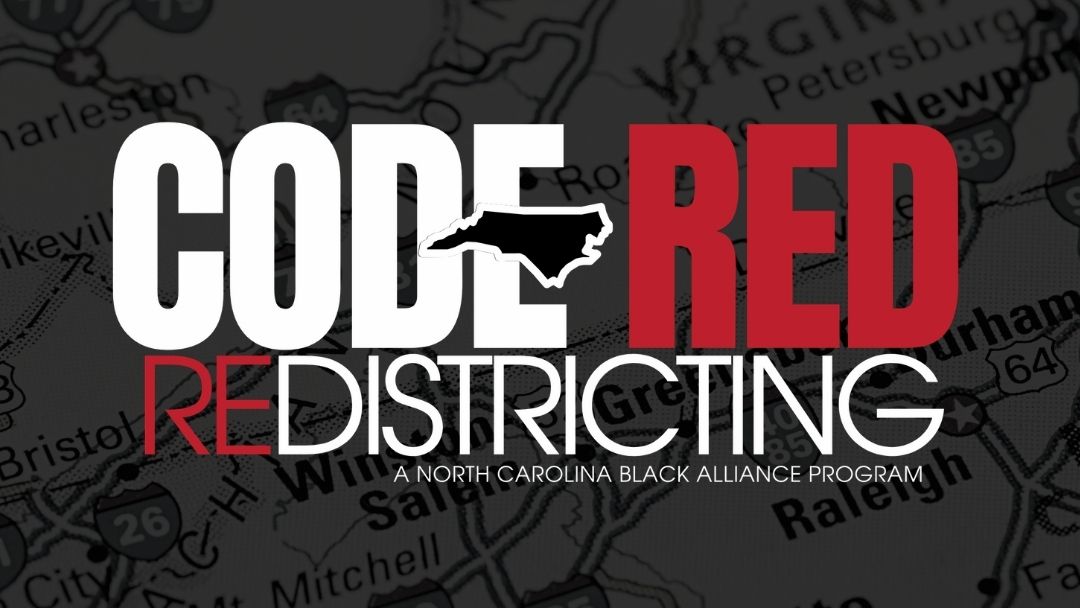North Carolina will soon begin drawing new district maps at every level. It is critically important that communities of color are involved in the process as these maps will be in place for the next decade. Furthermore, the redistricting process has historically been used to undermine our voice and ability to advance the issues that affect our communities.
“For years residents have been divided along district lines they did not draw and minority representation has been diluted in the process,” State Senator Valerie Foushee (SD-23) said.
Sen. Foushee serves as the chairperson for the NC Black Alliance (NCBA), which has launched the CODE RED Redistricting advocacy program. CODE RED is a non-partisan effort to educate communities of color on the North Carolina redistricting process. The program will offer a series of trainings designed to help the community understand and monitor the redistricting process and become more effective advocates for fair maps.
The constitutions of both the United States and North Carolina require a redistricting process after every decennial census. Accordingly, the General Assembly is to redraw congressional and legislative districts. County and municipal districts are to be redrawn as well. Though the timing of these processes is uncertain, due to a delay in critical census data, Foushee notes the urgency of educating voters early.
“The time is now to create a comprehensive strategy to bring our entire community up to speed, as this delay in census data cannot result in another delay in democracy for communities of color across North Carolina,” Foushee said.
Building on its “get out the count” efforts for the 2020 census, the NC Counts Coalition will join this effort. Noting the census as the foundation for redistricting, Stacey Carless, Executive Director of NC Counts Coalition, names the importance of CODE RED in deepening the work.
“Together we will collectively ensure that historically disenfranchised communities are educated on the redistricting process and understand how a fair redistricting process is an essential safeguard to communities’ interests being ignored or underserved,” Carless said.
Also joining this effort is NC Asian Americans Together (NCAAT), an organization committed to uplifting the diverse voices of the Asian community in North Carolina.
“With the pandemic and anti-Asian sentiments exacerbating barriers to healthcare and democracy, providing the tools and training for our community members to have meaningful voices in the redistricting process is now all the more important,” said Chavi Koneru, Executive Director of NCAAT.
This program is critical at a time when voter suppression bills are being introduced by the hundreds in state legislatures across the nation. Our state has had a role in this as well.
“North Carolina has a complex electoral history birthed in Jim Crow laws and the intentional disenfranchisement of minority voters. Still today, minorities face barriers to the ballot box and political power due to voter suppression laws and gerrymandering,” said Attorney Jessica Holmes, a long-time advocate for redistricting reform. In light of this, CODE RED seeks to ensure continued participation in democracy by those who have historically been disenfranchised.
CODE RED will launch formally on May 12, 2021, with a specific training for lawyers prior to that. Click here to learn more about the CODE RED Redistricting program.



